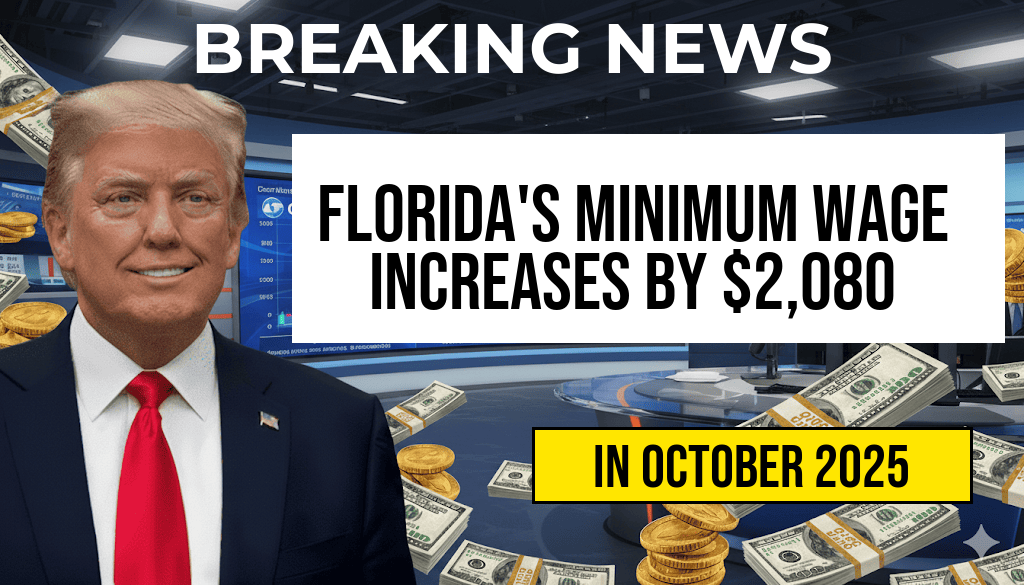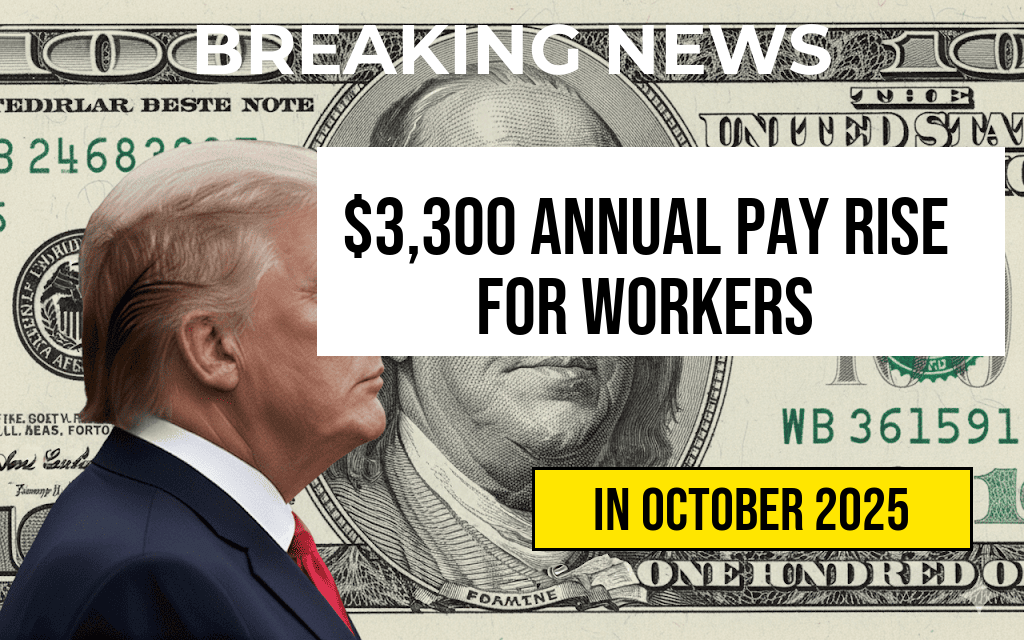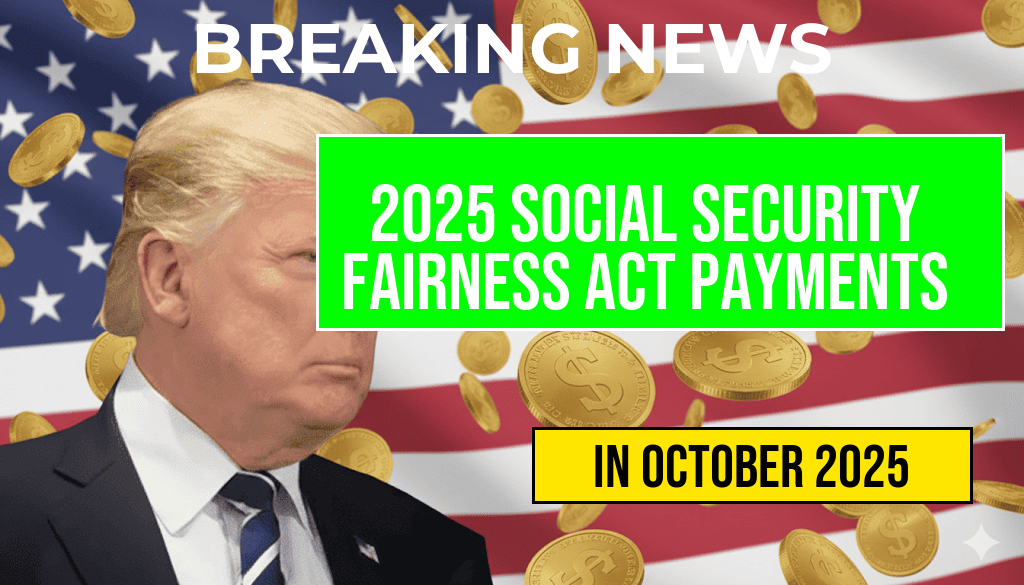Florida has officially implemented a new minimum wage of $14 per hour, a significant increase that is set to enhance the financial prospects of full-time workers across the state. This change, which took effect as part of a gradual increase mandated by a constitutional amendment passed in 2020, will boost the annual earnings of individuals working 40 hours per week by approximately $2,080. The wage increase aims to address the rising cost of living and provide workers with a more livable income. As the state continues to recover from the economic impacts of the COVID-19 pandemic, this adjustment is seen as a crucial step in supporting Florida’s workforce and stimulating local economies.
Details of the Minimum Wage Increase
The new $14 minimum wage represents a climb from the previous rate of $13 per hour. This increase is part of a phased approach outlined in the 2020 amendment, which aims to reach a minimum wage of $15 per hour by 2026. The Florida Department of Economic Opportunity (DEO) is responsible for overseeing the transition and ensuring compliance across various sectors.
Impact on Workers and Businesses
For full-time workers, this wage boost translates to a significant increase in annual income. Here’s how the numbers break down:
| Hourly Wage | Annual Earnings (40 hours/week) | Increase from Previous Wage |
|---|---|---|
| $13 | $27,040 | – |
| $14 | $29,120 | $2,080 |
This increase not only benefits workers but also has implications for businesses operating in Florida. Employers will need to adjust their payroll budgets and may face challenges in balancing increased labor costs with the need to remain competitive. Some business owners express concerns about the potential for increased prices and reduced hiring, while others recognize the potential for a more motivated and financially secure workforce.
Broader Economic Context
The decision to raise the minimum wage aligns with broader national conversations about wage equity and the cost of living. Many advocates argue that a higher minimum wage is essential for lifting workers out of poverty and ensuring that they can afford basic necessities such as housing, healthcare, and education. According to a report by the Forbes, states with higher minimum wages often see improved economic indicators, including increased consumer spending and lower reliance on state assistance programs.
Public Response and Opinions
The public reaction to the wage increase has been mixed. Many workers and labor advocates celebrate the change as a step toward economic justice. However, some economists caution that rapid wage increases can lead to inflationary pressures, ultimately negating the benefits for low-income workers. A recent survey conducted by the Florida Chamber of Commerce indicated that while 70% of voters support a higher minimum wage, there remains concern about the potential impact on small businesses and job availability.
- Supporters: Argue that higher wages will reduce poverty and stimulate local economies.
- Critics: Warn that businesses may cut jobs or reduce hours in response to increased labor costs.
Future Projections
As Florida moves toward its goal of a $15 minimum wage by 2026, stakeholders will continue to monitor the economic impacts of these changes. The DEO has committed to reviewing wage trends and employment data to assess the effectiveness of the wage increases. With the cost of living continuing to rise, the conversation surrounding minimum wage policies is expected to remain a key topic in Florida’s legislative agenda.
For more information on Florida’s wage laws and ongoing economic developments, visit the Wikipedia page on Florida’s minimum wage.
Frequently Asked Questions
What is the new minimum wage in Florida?
The new minimum wage in Florida has been increased to $14 per hour.
How much will full-time workers earn annually with the new minimum wage?
Full-time workers will see their annual earnings boosted by $2,080 due to the new minimum wage.
When did the new minimum wage take effect in Florida?
The new minimum wage took effect on January 1, 2023, as part of a gradual increase plan.
How does the minimum wage increase impact the cost of living in Florida?
The increase in the minimum wage may help workers better manage the cost of living in Florida, though it can also lead to inflationary pressures.
Are there plans for future increases to the minimum wage in Florida?
Yes, there are plans for future increases, as Florida’s minimum wage is set to rise to $15 per hour by 2026.











